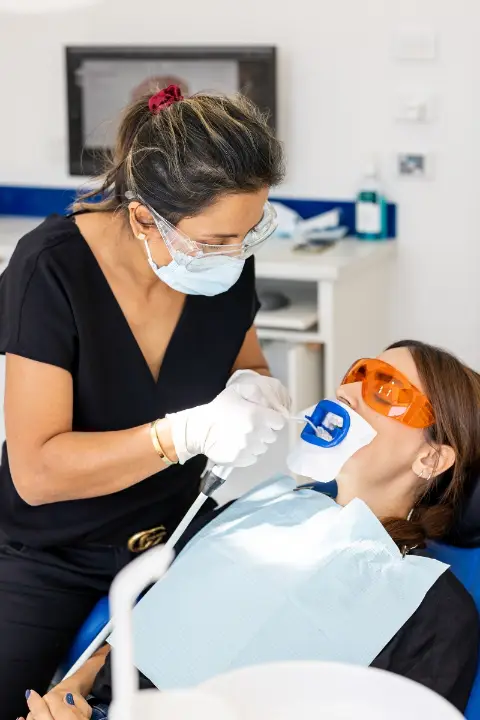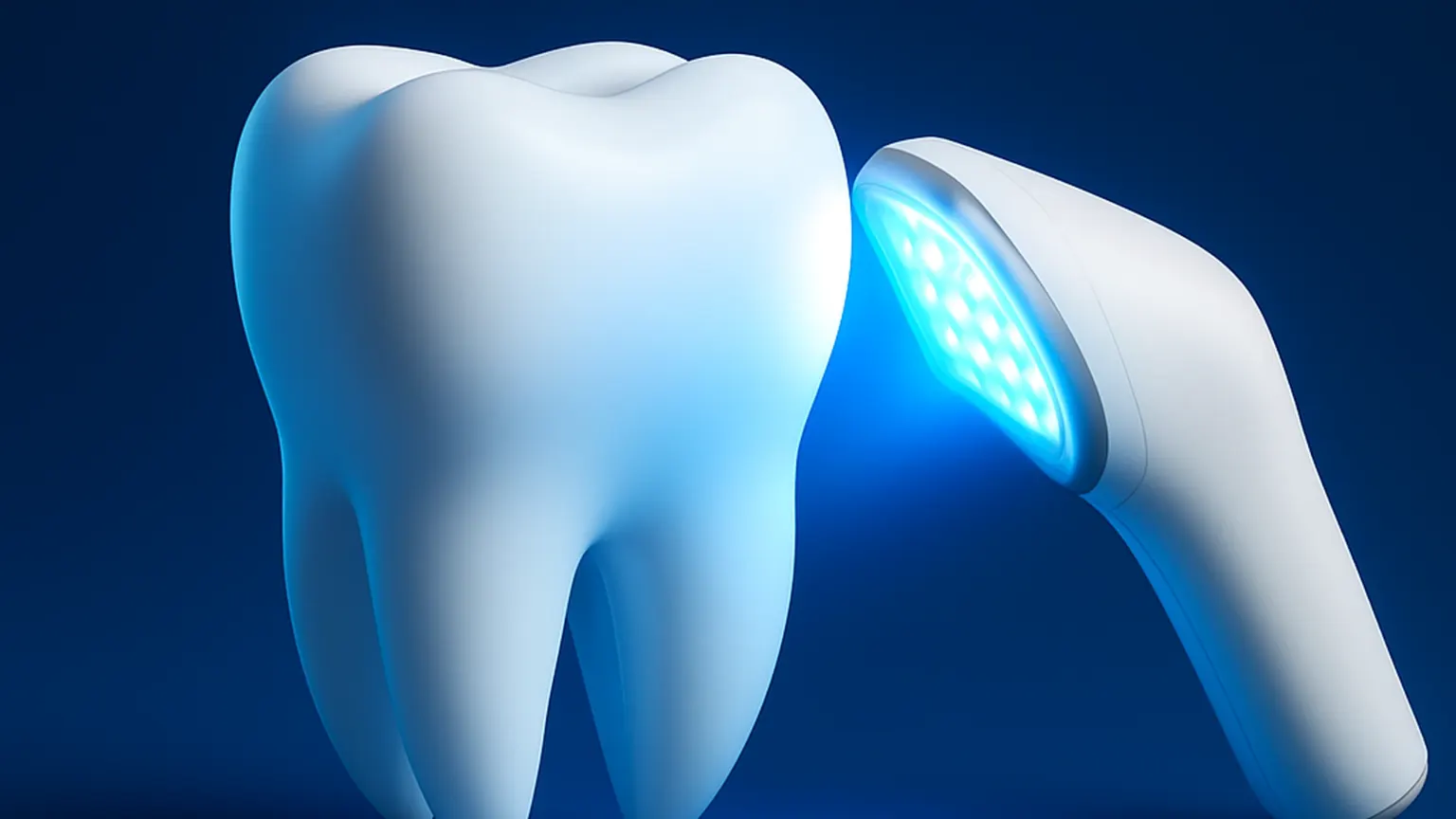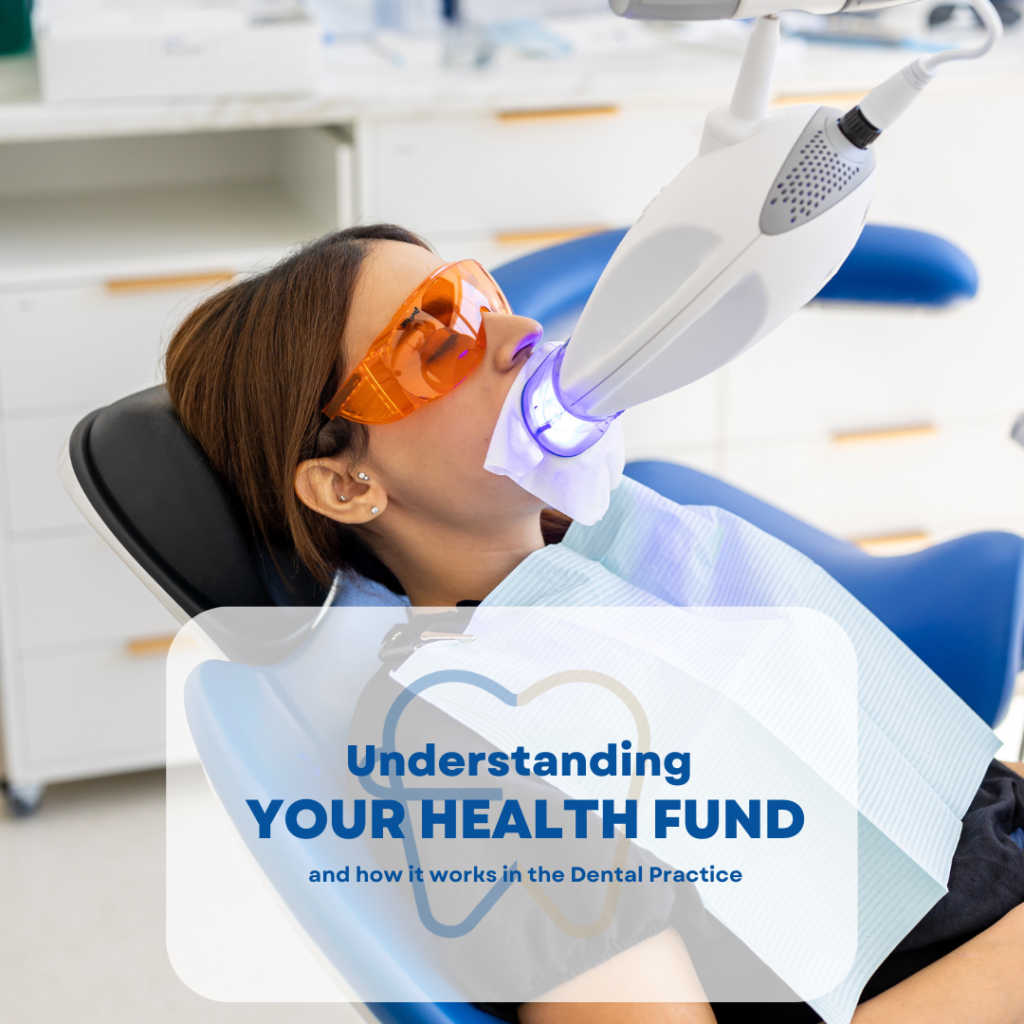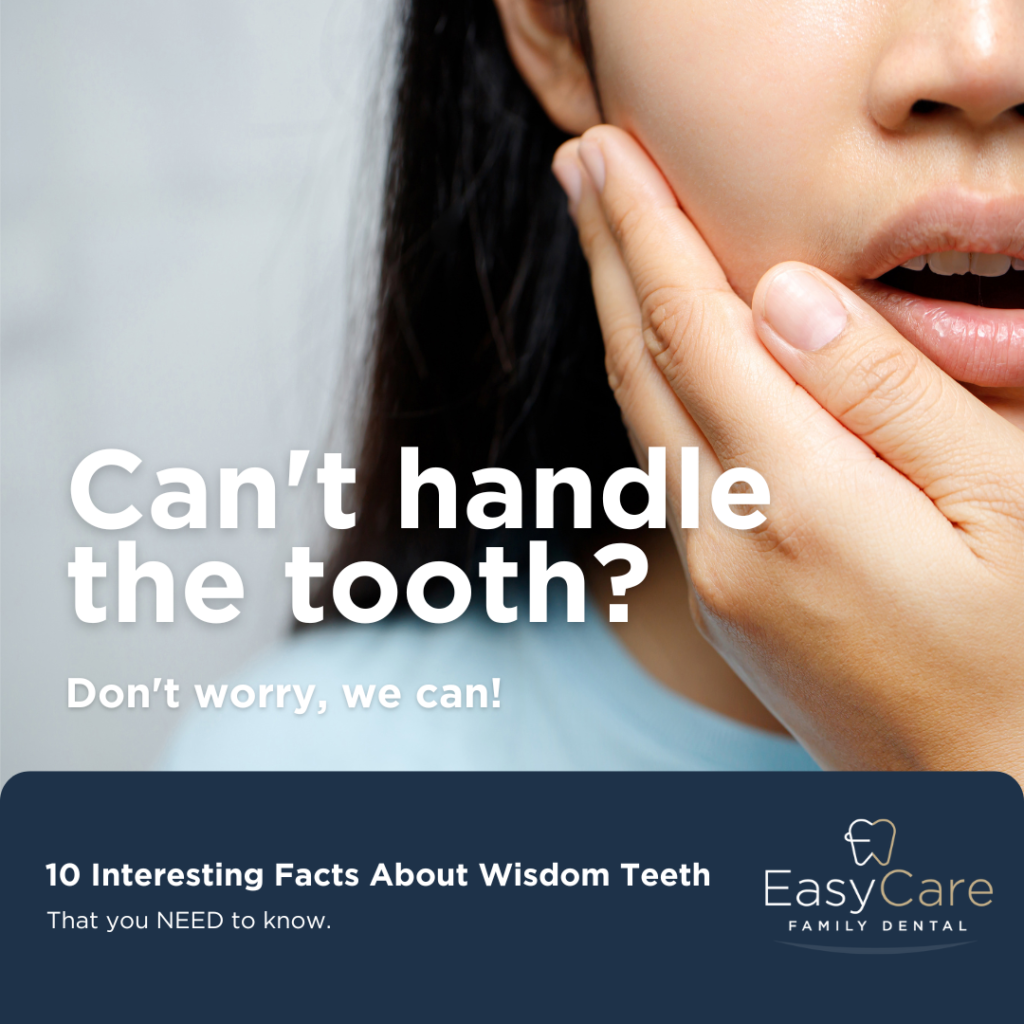Teeth Sensitivity After Whitening: Causes & Prevention
Philips Zoom and other whitening systems can deliver brilliant results, but some people notice temporary sensitivity. Here is why it happens, who is at risk, and how to prevent it so you can brighten your smile comfortably in East Brisbane.

Why Does Sensitivity Happen After Whitening?
Whitening gels (like hydrogen peroxide) temporarily increase enamel permeability to lift deep stains. As they pass through enamel to the dentin, fluid movement in microscopic tubules can excite the nerve, and your brain perceives this as sharp sensitivity to cold, hot, sweet, or air.
- Enamel dehydration: Short-term dryness heightens sensation.
- Open dentin tubules: Microscopic channels transmit stimuli to the nerve.
- Existing wear: Acid wear, grinding, or gum recession can amplify sensitivity.
Who Is More Likely to Feel It?
- History of sensitive teeth or thin enamel
- Gum recession exposing root surfaces
- Frequent acidic drinks (soft drink, sports drinks)
- Recent dental work or untreated cavities
- Overuse of at-home strips or gels
What Can Trigger a Flare-Up?
- Very cold foods and drinks right after whitening
- High-strength gels without desensitisers
- Long wear times with trays and strips
- Brushing too hard with abrasive pastes
How to Prevent & Manage Sensitivity
- Prep 1-2 weeks before: Use a desensitising toothpaste (potassium nitrate or stannous fluoride) twice daily.
- Professional protocol: Philips Zoom at the dentist includes desensitising steps and controlled gel strength.
- Fluoride varnish or gel: Applied chairside to strengthen enamel and help seal tubules.
- Adjust wear time: If using trays, take short breaks or reduce daily time.
- Eat smart for 48 hours: Avoid very cold, hot, or acidic items. Choose lukewarm, non-acidic foods.
- Soft brush, gentle technique: Use a soft brush and non-abrasive paste.

At-Home Whitening: Do’s & Don’ts
- Do: Follow your dentist’s tray plan and strength.
- Do: Use desensitising gel in trays if recommended.
- Don’t: Extend sessions beyond directions to speed up results.
- Don’t: Layer different products together.
In-Chair Philips Zoom
- Fast, predictable results with controlled gel strength
- Built-in steps to reduce sensitivity
- Optional fluoride and desensitiser application post-treatment
When Should I Seek Advice?
If sensitivity persists beyond a few days, wakes you at night, or occurs without whitening, book a check. Causes like decay, cracks, gum recession, or bite issues may need treatment before you continue whitening.
FAQs: Whitening & Sensitivity
How long does whitening sensitivity last?
Typically 24-48 hours. Hydration, desensitising toothpaste, and fluoride varnish can shorten this.
Is sensitivity a sign of damage?
No, temporary sensitivity is a common, reversible response. Ongoing pain needs an exam to rule out other issues.
Can I still whiten if I have sensitive teeth?
Yes. We tailor gel strength, session length, and add desensitisers (for example with Philips Zoom) to keep you comfortable.
What should I avoid after whitening?
Very hot and cold drinks, acidic foods (soft drink, citrus), and aggressive brushing for 24-48 hours.
Brighter Smile, Minimal Sensitivity
At EasyCare Family Dental (East Brisbane), we use Philips Zoom with protective protocols to keep you comfortable while achieving beautiful results.
Book Your Whitening ConsultationManaging Tooth Sensitivity After Whitening
It’s common to feel a little extra tooth sensitivity after Zoom whitening or other treatments. Many patients ask us: “Why are my teeth sensitive after whitening?” or worry when they notice teeth aching after whitening. The good news is that this sensitivity is usually temporary and mild.
Sometimes, you may even hear terms like “temporary mild root surface sensitivity” – this simply means that your teeth and gums are adjusting to the whitening process.
How to Find Relief
- Use a desensitising gel or toothpaste to calm irritation and protect enamel.
- Avoid very hot or cold foods for the first 24–48 hours.
- Remember, most sensitivity fades within a few days.
At EasyCare Family Dental, we’ll talk you through what to expect before your treatment and share tips to make your experience as comfortable as possible. If sensitivity lingers or you feel unsure, we’re only a phone call away.
Still worried about sensitivity?
Book a gentle consultation with our team to get personalised advice and peace of mind.
Book OnlineYour Local Teeth Whitening Dentist in Brisbane
At EasyCare Family Dental, we proudly look after patients not only in East Brisbane, but also nearby communities like Kangaroo Point, Norman Park, and Woolloongabba. Whether you’re worried about teeth sensitivity after whitening or just want a brighter smile, our friendly team is here to help.
Book Your Whitening Appointment

